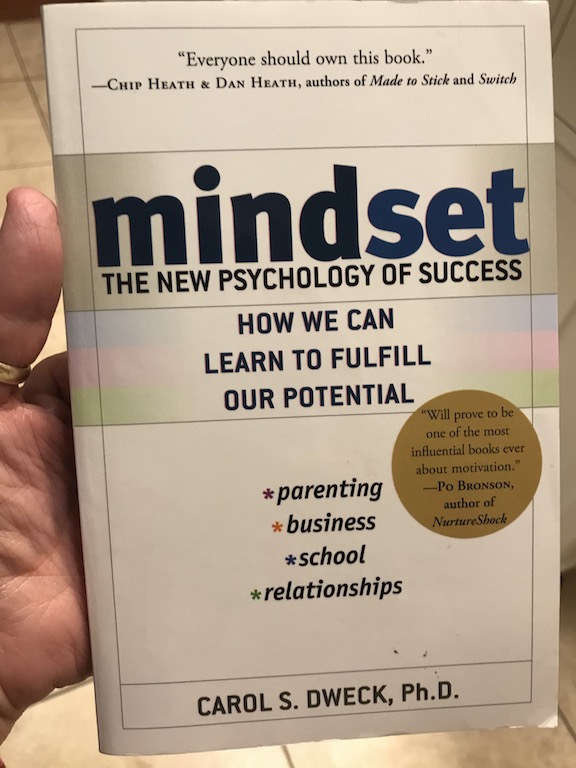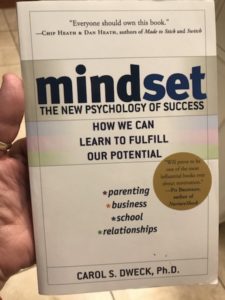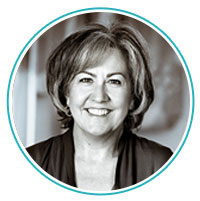In my reflection post yesterday I spoke about mindset. It’s not something we see but it affects everything we say or do because mindset guides our thoughts.
In 2006 Mindset by Carol Dweck was published. It is the seminal book on the subject, written after years of research at Stanford University. Her work continues to inform work in my field of coaching as well as other arenas of professional and personal development. If you are a learner I highly recommend her book.
In her own words:
Mindsets are an important part of your personality but you can change them. Just by knowing about the two mindsets, you can start thinking and reacting in new ways. People tell me they start to catch themselves when they are in the throes of the fixed mindset—passing up a chance for learning, feeling labeled by a failure, or getting discouraged when something requires a lot of effort. And then they switch themselves into the growth mindset—making sure they take the challenge, learn from the failure, or continue their effort. (Mindset, p. 46)
Yesterday I asked you to pay attention to your reaction when an opportunity for change is brought to you. In the quote above, Dr. Dweck cites some specific examples of where a fixed mindset shows up. There’s much to be said about mindset; she wrote an entire book on the subject. Let me make it personal.
For decades I have chosen a fixed mindset in the area of completing what I start. I have told myself I am a quitter. I have great enthusiasm for ideas, am great at gathering all the necessary materials to begin a task, a craft, an exercise program, you name it. When said thing gets challenging I choose to believe the fixed mindset and stop part way into the making, doing, or being. Now here is a bigger picture: I have more data that proves the opposite is true of me; I begin, work hard and follow through with many tasks, crafts, and, well, some exercise programs. I’m not finished growing yet!
Changing my mindset about how I show up, engage and follow through has taken, and continues to take, a concerted effort to catch myself in the fixed pattern, make the effort to have a different response and choose to tell myself I am a person who does hard things, who finishes what I start. If you’ve followed me on Instagram you know I’ve been working on this. Over time, Lisa the finisher is more true than Lisa the quitter.
Is it possible to make this shift, to gain a sense of becoming more without feeling weighed down by all the change? I believe it is. What I have found as the secret sauce in the mix of shifting mindsets is accountability. When I invite someone to help me pay attention to the way I am choosing to act I become more aware of my choices because I want to be able to say I’m following through. It’s become important to me.
This shift is subtle and takes time and effort. But it is happening for me. It can happen for you.
Action step: what is one area of life you recognize you have a fixed mindset? Consider what your life would be like if you made the shift to a growth mindset inviting change in your thoughts and actions.










 Hi there! I'm Lisa. I am a native California girl married to my best friend, Colin; we currently live and work in the Silicon Valley. I am privileged to be mom to two fantastic grown sons and mom-in-law to a wonderful daughter.
Hi there! I'm Lisa. I am a native California girl married to my best friend, Colin; we currently live and work in the Silicon Valley. I am privileged to be mom to two fantastic grown sons and mom-in-law to a wonderful daughter.